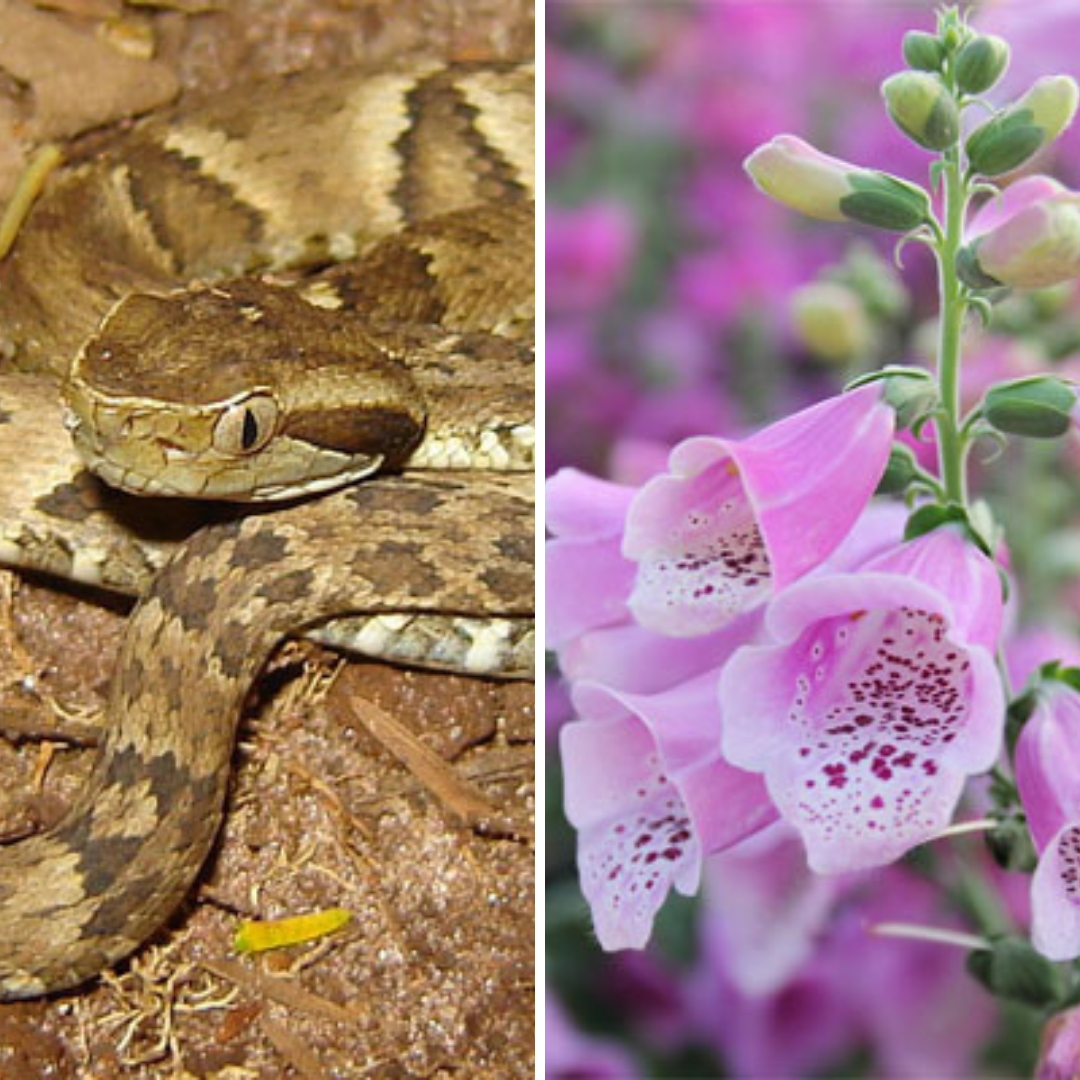
The answer will likely be yes to at least one of those.
Western Australia’s Chief Scientist, Professor Peter Klinken AC will join Cardiologist Dr Mark Nidorf, Botanist Professor Kingsley Dixon and cancer researcher Associate Professor Pilar Blancafort in a fascinating discussion on the medicines we source from nature and what new treatments might be around the corner.
The community Q&A event “The Importance of Nature in Medical Research” will be held at 6pm on Monday 20 September at the Harry Perkins Institute of Medical Research. [Rescheduled from 6 July when the event was postponed due to COVID concerns at the time in WA]
For more information and tickets to this event: https://bit.ly/3zCGrE4
Perkins Institute cancer researcher, Associate Professor Blancafort will share the latest on the WA discovery that honeybee venom kills the most aggressive breast cancer cells. She worked on the research with PhD graduate, Dr Ciara Duffy. The pair investigated the anti-cancer properties of honeybee venom, and a component compound, melittin, on different types of breast cancer cells.
“No-one had previously compared the effects of honeybee venom or melittin across all of the different subtypes of breast cancer and normal cells.
“We found both honeybee venom and melittin significantly, selectively and rapidly reduced the viability of triple-negative breast cancer and HER2-enriched breast cancer cells. Importantly, we found we could reproduce melittin synthetically,” she said.
This research is ongoing.
Western Australia’s Chief Scientist Professor Peter Klinken said, “this is an incredibly exciting observation that melittin, a major component of honeybee venom, can suppress the growth of deadly breast cancer cells, particularly triple-negative breast cancer.”
He said mother nature provides scientists with a vast array of compounds to examine and experiment with from seaweed and marine creatures to plants adapted to the most arid conditions and most importantly nature is a source of remarkable innovative concepts that can trigger out-of-the- box thinking.
Dr Nidorf is a practicing cardiologist who has also conducted internationally acclaimed research re-purposing a drug for gout that comes from crocus plants, as a treatment to prevent heart attacks.
Professor Dixon is an internationally regarded botanist who has established King’s Park’s as an acclaimed research centre.
Register and more info, here: https://perkins.org.au/events/nature-in-medical-research/
